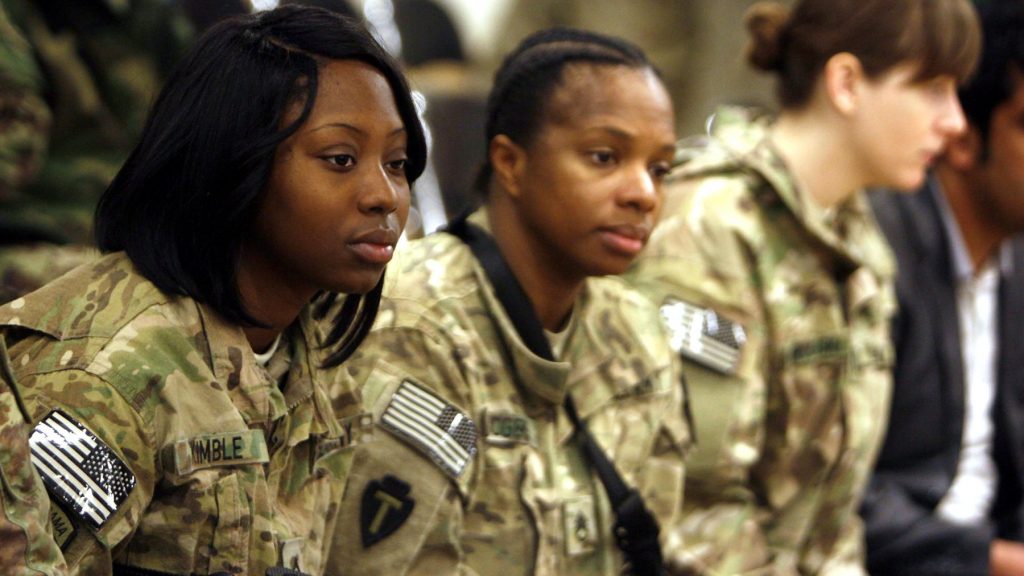The U.S. Supreme Court on Friday agreed to consider whether military personnel can be prosecuted for rape long after the crime occurred in an appeal by President Donald Trump’s administration of a lower court ruling that overturned the rape conviction of an Air Force captain.
The justices will hear the administration’s bid to reinstate the conviction of F-16 instructor pilot Michael Briggs after the Washington-based U.S. Court of Appeals for the Armed Forces, the top military appeals court, placed a five-year time limit on filing charges for older rape claims.

That court ruled that even though a 2006 change to U.S. military law specified that rape claims can be prosecuted in the armed forces without a time limit, the change did not apply retroactively. The rape for which Briggs had been convicted in 2014 occurred in 2005.
The Justice Department asked the Supreme Court to hear the case, warning that the Pentagon continues to receive reports of rapes that occurred before 2006 but the military court’s ruling “bars prosecution of any of them.”
Already, the Air Force, Army and Coast Guard have collectively thrown out or declined to prosecute at least 10 rape cases that they otherwise would have pursued, court papers said. Sexual assault undermines military morale and discipline, the administration said, which is why Congress long enabled rape to be prosecuted whenever it is discovered.
Military law includes a five-year statute of limitations for most offences, but rape was among the exceptions for which there was no time limit since for more than a century it was among the crimes that qualified for the death penalty.
The ruling in the Briggs case built on a 2018 decision by the same court reinstating a five-year time limit for older rape cases because it said the crime was not, in fact, punishable by death. The court reasoned that a 1977 Supreme Court ruling that prohibited the death penalty for civilians convicted of rape applied in the military context as well.
High-profile cases of sexual misconduct, especially since 2017 when the #MeToo movement burst into public view, have forced a reckoning with sexual assault and harassment in the United States and beyond.
Court papers said Briggs forced a member of his squadron to have sex with him after a night of heavy drinking in May 2005. She did not immediately report the incident but in 2013 she recorded a phone call in which he admitted, “I will always be sorry for raping you.”
After his court-martial, Briggs was sentenced to a reprimand, confinement for five months and dismissal from the military.
In February, the military appeals court reversed the conviction, prompting the appeal to the Supreme Court.
The justices on Friday also took up the administration’s appeals in two other military cases involving rape convictions in 2000 and 1998 that was also reversed by the armed forces court.
The cases will be argued during the court’s current term, with rulings due by the end of June.

